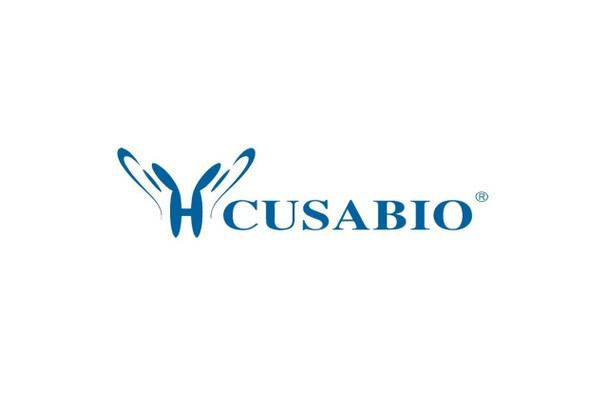Cusabio Polyclonal Antibodies
HDAC3 Antibody, FITC conjugated | CSB-PA010239LC01HU
- SKU:
- CSB-PA010239LC01HU
- Availability:
- 3 to 7 Working Days
Description
HDAC3 Antibody, FITC conjugated | CSB-PA010239LC01HU | Cusabio
HDAC3 Antibody, FITC conjugated is Available at Gentaur Genprice with the fastest delivery.
Online Order Payment is possible or send quotation to info@gentaur.com.
Product Type: Polyclonal Antibody
Target Names: HDAC3
Aliases: Histone deacetylase 3 (HD3) (EC 3.5.1.98) (RPD3-2) (SMAP45), HDAC3
Background: Responsible for the deacetylation of lysine residues on the N-terminal part of the core histones (H2A, H2B, H3 and H4), and some other non-histone substrates. Histone deacetylation gives a tag for epigenetic repression and plays an important role in transcriptional regulation, cell cycle progression and developmental events. Histone deacetylases act via the formation of large multiprotein complexes. Participates in the BCL6 transcriptional repressor activity by deacetylating the H3 'Lys-27' (H3K27) on enhancer elements, antagonizing EP300 acetyltransferase activity and repressing proximal gene expression. Probably participates in the regulation of transcription through its binding to the zinc-finger transcription factor YY1; increases YY1 repression activity. Required to repress transcription of the POU1F1 transcription factor. Acts as a molecular chaperone for shuttling phosphorylated NR2C1 to PML bodies for sumoylation.
Isotype: IgG
Conjugate: FITC
Clonality: Polyclonal
Uniport ID: O15379
Host Species: Rabbit
Species Reactivity: Human
Immunogen: Recombinant Human Histone deacetylase 3 protein (1-428AA)
Immunogen Species: Human
Applications: ELISA
Tested Applications: ELISA
Purification Method: >95%, Protein G purified
Dilution Ratio1:
Dilution Ratio2:
Dilution Ratio3:
Dilution Ratio4:
Dilution Ratio5:
Dilution Ratio6:
Buffer: Preservative: 0.03% Proclin 300
Constituents: 50% Glycerol, 0.01M PBS, PH 7.4
Form: Liquid
Storage: Upon receipt, store at -20°C or -80°C. Avoid repeated freeze.
Initial Research Areas: Epigenetics and Nuclear Signaling
Research Areas: Epigenetics & Nuclear Signaling;Cancer;Cardiovascular;Metabolism;Stem cells






